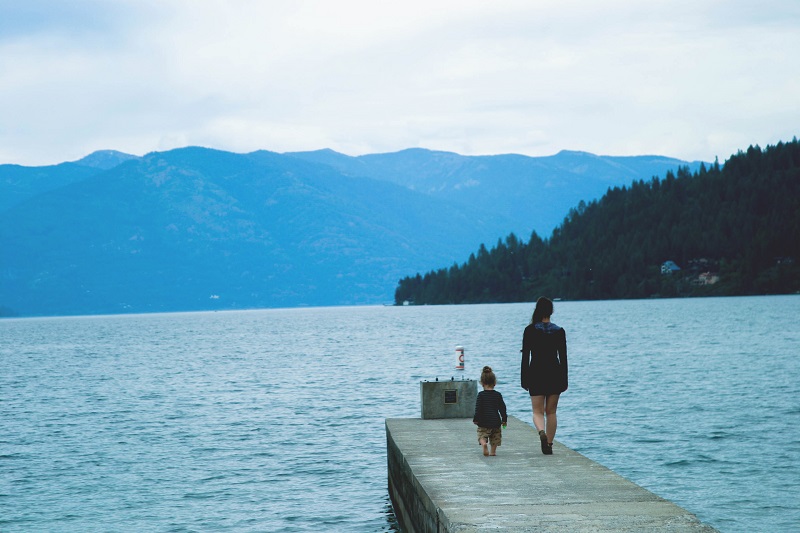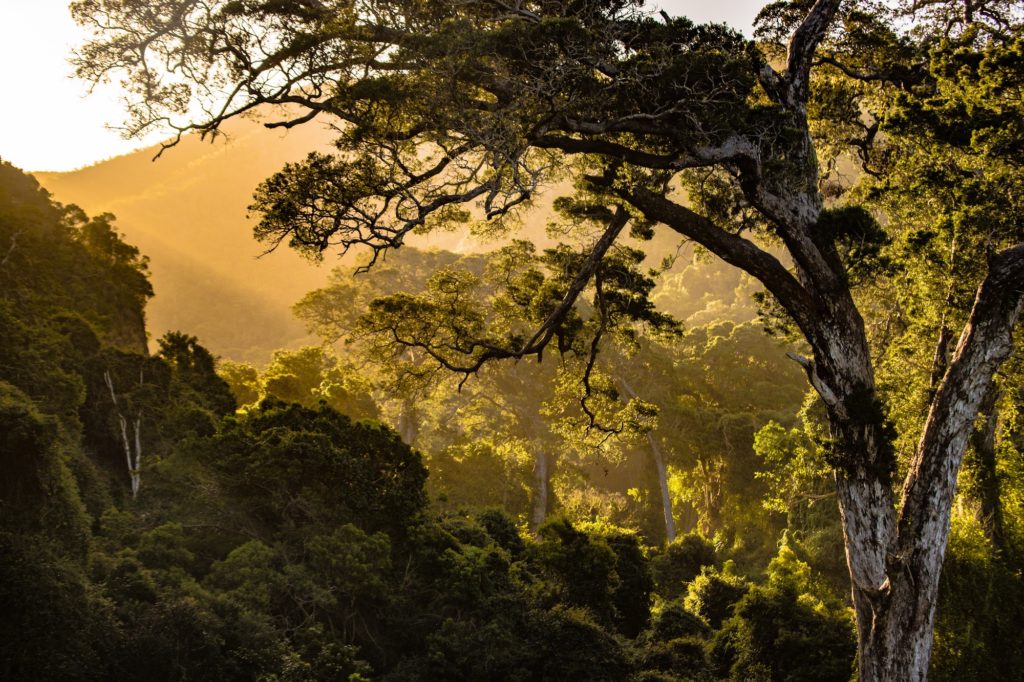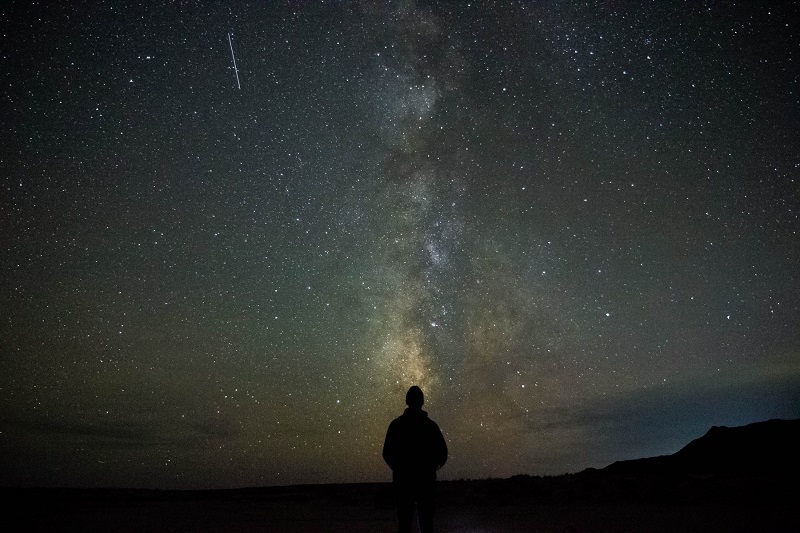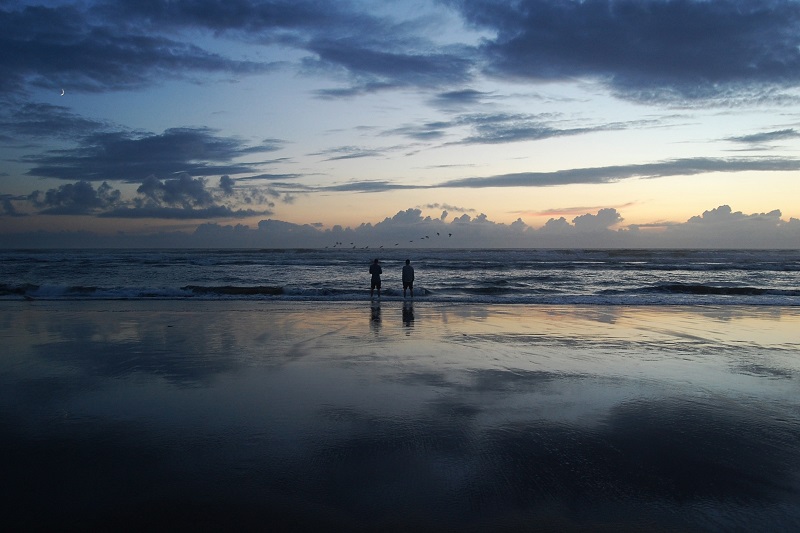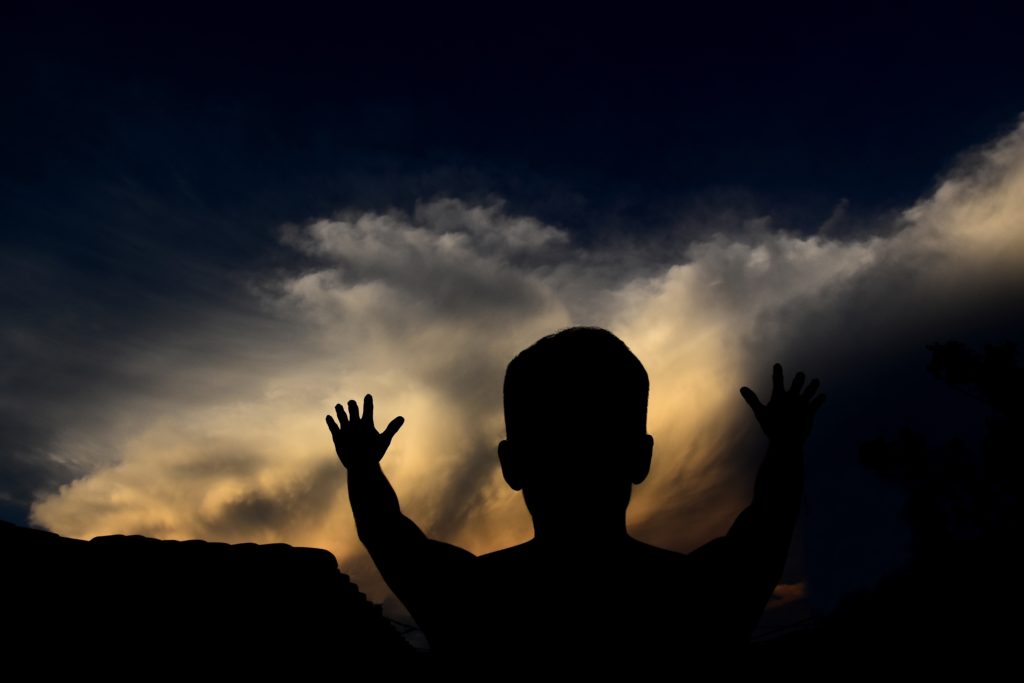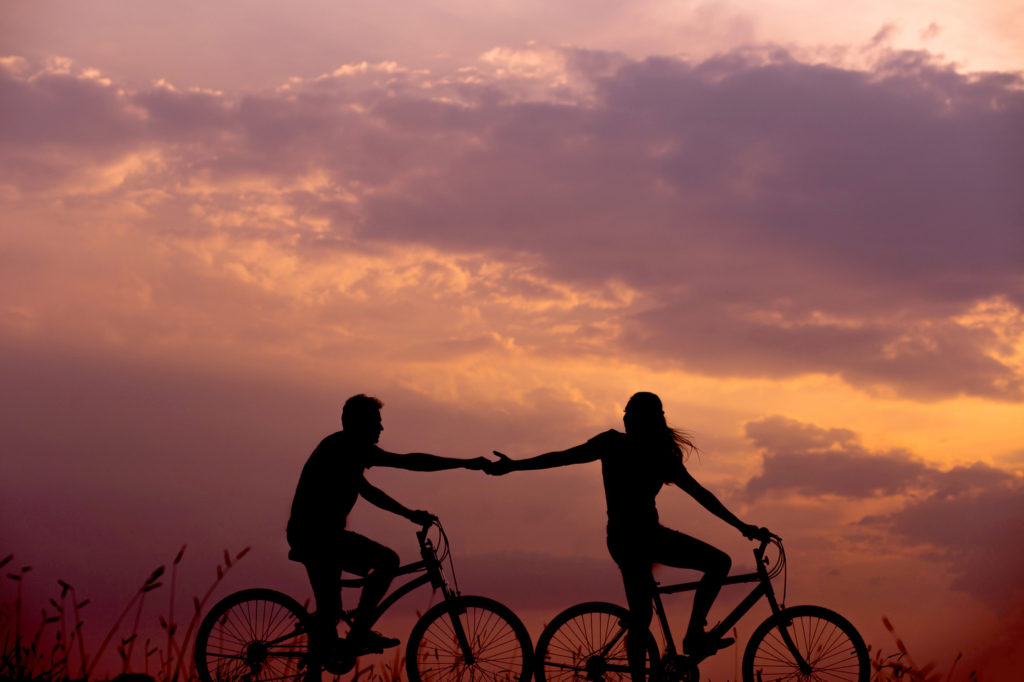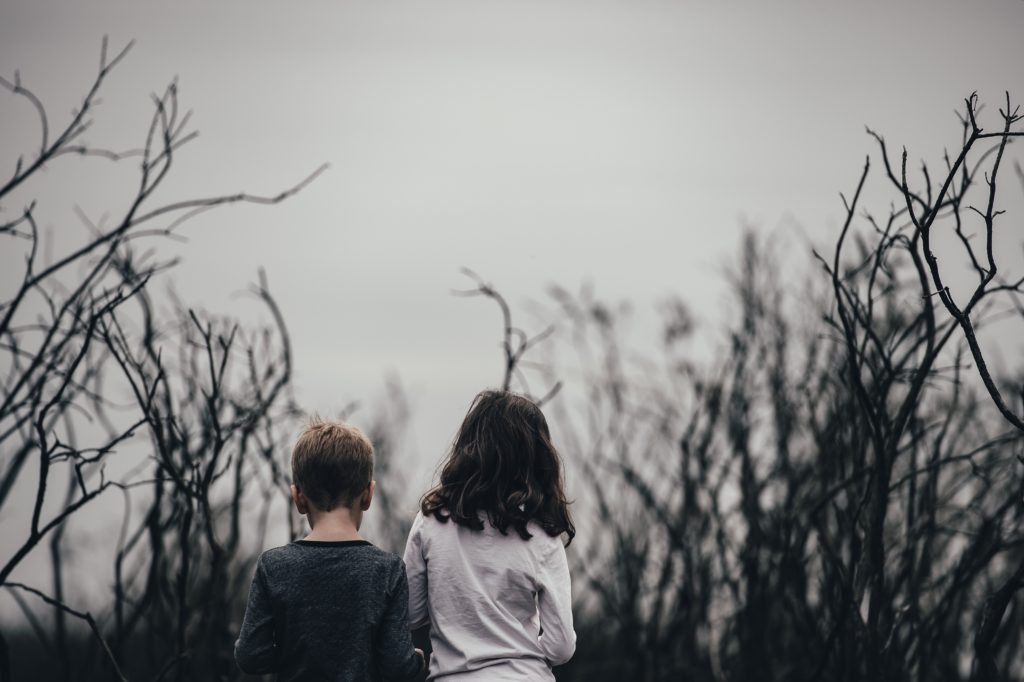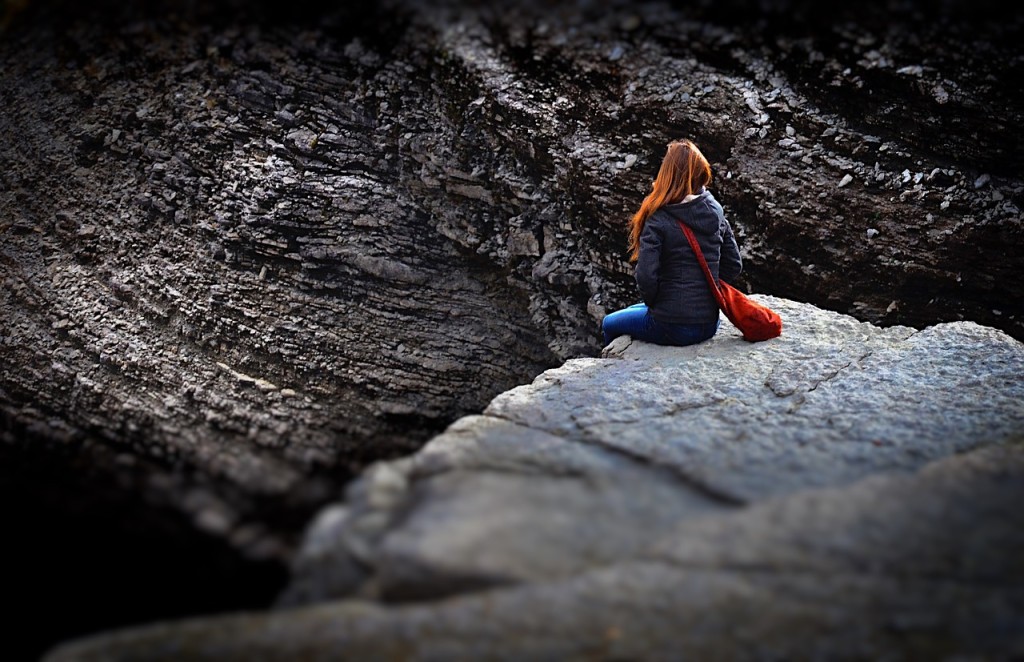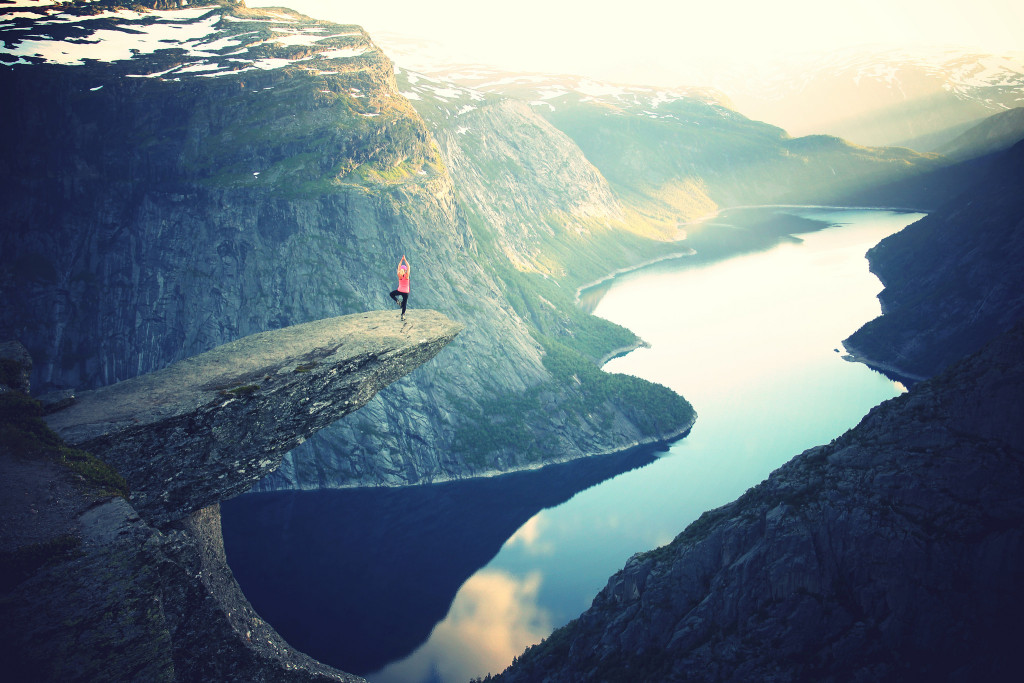“When patterns are broken, new worlds emerge”
Tuli Kupferberg
What are some of the key paradigms, or ways of thinking and seeing the world, that need to shift in order for us to view learning differently? Are we recreating patterns in our children and in ourselves that we would rather change? How do we get to the root of these patterns when they’re so deeply anchored and hard to pin down?
Paradigm shifting is about taking a magnifying glass to all those beliefs and “ways of doing things” that we take for granted. It’s about stepping into the role of observer and saying “this is what I’ve learned to believe and why I was taught to believe it…does it still serve me?” It’s about welcoming in new perspectives that might actually make more sense for the lives we want to create. In this section of the course we’re going to look briefly at the “how” and “why,” but we’re also going to go over three major paradigms that, if shifted, will change your entire perspective on learning and teaching.
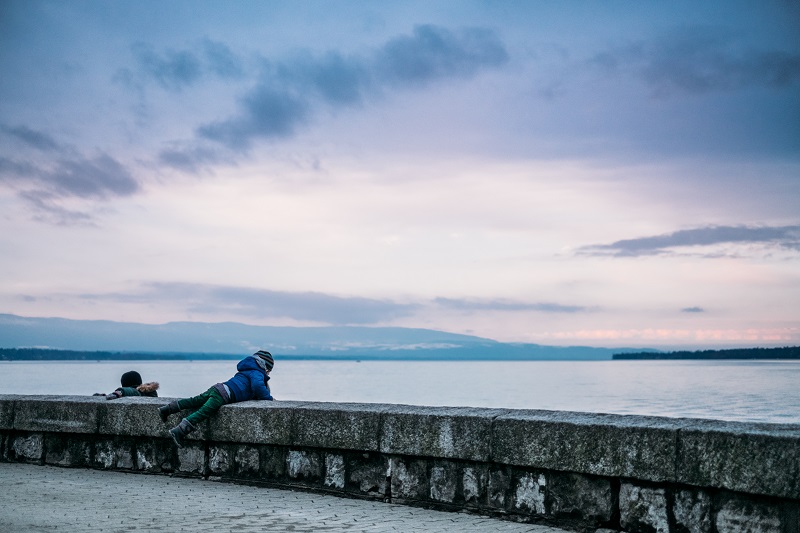
What You Need to Know If You Want to Break Your Patterns
“We sense that ‘normal’ isn’t coming back, that we are being born into a new normal: a new kind of society, a new relationship to the earth, a new experience of being human.”
Charles Eisenstein
The first step in “shifting paradigms” is taking a look at what we’re already carrying in terms of learned patterns. What are some of those invisible beliefs that influence the choices and actions we take in the world? Of course everyone’s background is slightly different, but there are a few major themes that most of us have in common given the recent history of the human species.
For many generations we have learned that “life is hard”. Ancestors uprooted from the land through war, famine and forced or chosen migration, women and men who lived through the rapid-pace upheaval of industrialization and globalization…Institutionalized religions worldwide have preached the gospel of earthly suffering until it has become ingrained deep in our bones. We are in an era of massive, constant change.
There are multiple reasons why what I like to call “The Passion Approach” is not the standard norm yet. On a family scale, people have learned for many centuries that conformity is the only sure way to survive – veering from the path laid by society is often still frowned upon. Sticking out is not encouraged. Security is of primary importance and the only way to ensure it is by following the rules. Go to school, then get a well-paying, stable job and have a family. Of course this path can be great if it’s what makes your heart sing or feels like your true life trajectory! But for a lot of people it’s a default, or worse, a “choice” forced upon them by family and society. We’re told to buy into consumerism, wear the right clothes and measure success in material wealth and vacation time.
Believing that doing what we’re passionate about will lead to true self-fulfillment and service in the world is (i.e. making the world a better place for everyone, in whatever small way)…well…I don’t know, are you, like, a total flaky new age hippie? (To quote some folks who shall remain nameless…)
Secondly, the fact is that the current social order is based on exploitation. “Woah! That’s a little extreme don’t you think?” Not really. Whether or not we feel directly “exploited”, there’s no denying that on a global scale, capitalist consumerism is fueled by low-cost labor, class inequality, etc. To connect this back to learning and learning models, the institutionalization of education came hand-in-hand with industrialization – as a way of mass-manufacturing employees, among other things.
As a result, people have been being taught to obey, to be submissive and to fit inside “the box” ever since the inception of the current standard learning model (and, on many other levels, preceding that…). For the most part, creative thinking is discouraged and physical needs and nature connection are ignored. What I’m trying to get at here is that there is a HUGE system that is benefiting from us giving up our power and living in a mode of constant fear.
But things are changing. More and more people are shifting from a paradigm based in fear to one nourished by an awareness of interconnection. If you’re lucky, your parents already did some of the work of wading through ancestral beliefs and trauma so you could be free to walk a different path.

How Passion Can Change the World
“If we are ever going to see a paradigm shift, we have to be clear about how we want the present paradigm to shift. ”
Gary L. Fancione
Once we’re aware of the inherited beliefs and patterns that influence us, we can consciously choose whether or not to repeat them. From there we can start asking ourselves other questions. What would the world look like if we lived in cultures that enabled and supported people in following their passions?
One response I’ve gotten: “that’s fine for you, but if everyone did that there’d be no more employees! Things would shut down! ” Ermmm….the problem being? Oh right. Society would change drastically, everything would have to scale down and the people on top would have less income and less power while we rebuilt a world that met the needs of the majority. Shucks.
All of these slightly more “edgy” statements aside, this is a question that I ask myself daily. How do we create cultures in which people feel supported in following their calling? It all starts with the patterns and beliefs that we instill in people while they’re young or, some would have it, even from conception and gestation! Ergo, all this talk of beliefs and heritage. And yes, let us acknowledge right off the bat that being in a position of no longer worrying about ones basic survival, to the point of being able to focus fully on personal evolution and fulfillment, is indeed a huge “privilege,” in a certain sense. Only I believe that if systemic issues of social injustice were addressed more directly most humans could potentially be in this position, given the surplus (yes, surplus) of resources and technology available today. But that’s a whole other can of worms!
Shifting the prevalent paradigm means learning to look beyond imposed limitations to our highest potential as individuals and as a collective. It means being an example of living a truly meaningful, authentic life. It means mentoring the next generation through the hurdles of self-discovery and growth. It means creating space in our hearts and minds for new ways of being and doing. It especially means tapping into the innate curiosity, wonder and wisdom of all humans beings!
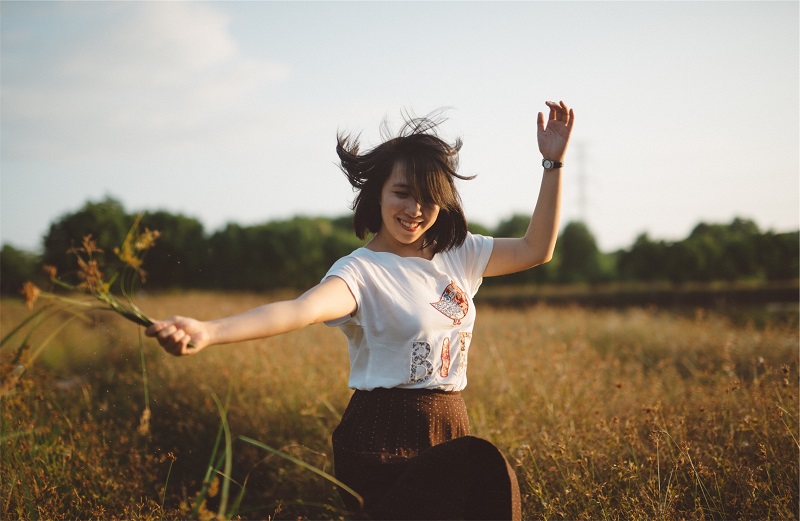
#1) “The Passion Approach”: Natural Learning
All this background is great, but what if I’ve already thought about all this stuff? How do I move out of observation into actual, concrete change? One of the first things we need to look at is a new way of viewing and experiencing learning!
There’s a huge amount of material out there about the philosophies of “natural learning,” “life learning,” “unschooling,” “homeschooling,” etc. If you’re looking for a ton of reading material, a great resource is the A.E.R.O. website at: www.educationrevolution.org
For this course, I’m going to try to summarize some of the perspectives we can use to orient this whole new learning journey.
The Passion Approach is basically about creating learning environments where inspiration, wonder and curiosity are what drive the process. No more force-fed lessons, no more authority dictating the “right” way to approach a subject. There are just two fundamental principles:
- People of any age are natural learners.
- People of any age have valid interests, questions and desires worth pursuing.
Consider what that really means. It means that your five-year-old wanting to spend two hours hanging out in the dirt checking out the daisies is as important as your burning desire for them to spend time learning how to read and write. It means if they don’t want to do math, there might be a reason other than laziness or “lack of focus”.
When we are allowed to follow the lead of our curiosity, we inevitably take in huge amounts of information and acquire valuable skills. When we are forced to memorize or integrate things we don’t see the point in, the process is often excruciating! Context is key. Think of some of the things you clearly remember learning as a child or young adult that you still use in your life. Chances are you learned or discovered those things in a context that felt meaningful to you. Whether it was a particularly inspiring teacher, a nature adventure or an older friend sharing a couple gems of wisdom, things usually stick with us because they feel relevant to our lives in some way.
The outcome of shifting to passion-driven learning is that more people will reach adulthood with enthusiasm for life, a sense of self-worth and personal purpose.
What would some of the impacts be if there were suddenly more creative, engaged adults in the world? It’s true; there would certainly be less folks willing to spend their lives as menial employees. There would also almost definitely be more entrepreneurs and more people with the creative thinking needed to effect positive change and find solutions to the large issues facing us as a global community today. On a smaller scale, being in touch with your passion and creativity means being in touch with your heart. Being in touch with your heart means feeling empathy and compassion, which generally means treating other humans and other beings with care. Sound like a recipe for a better world to you? ‘Cause it does to me.
When we take this into consideration – shifting from learned patterns to ones that reflect our true values and selves and seeing passion and curiosity as the driving force of actual learning — it becomes clear that creating our own learning models is a gift to the world at large. I like to think that in doing so we become “ambassadors of possibility”. We model a way of being where authenticity and integrity are top priorities in everything we do! As such, we – and our children – will be able to inspire others to shift their thinking and lives towards doing and being their highest selves.
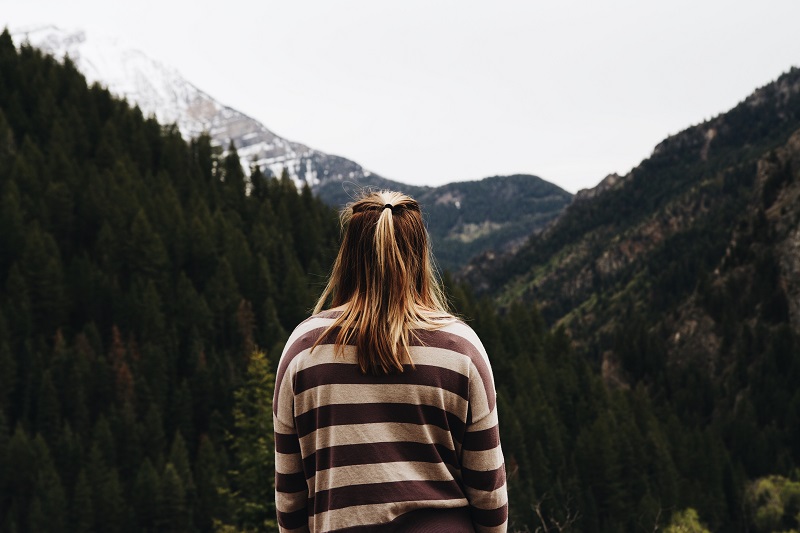
#2) The “Anything is Possible” Principle
“Anything is possible as long as you have the passion.”
Guy Forget
Another key principle of the “passion approach” is the idea that anything is possible. There is no dream too big. For some people this can mean a huge shift of perspective, but it really is something worth working on. Passing this on as a baseline attitude about life can have an enormous impact on our kids. Balanced with a healthy non-attachment to outcome, and openness to plans shifting, it opens up possibilities we can’t even imagine! I’ll return to this whole concept of non-attachment to outcome a bit later on in the course, so don’t’ panic if this seems like a totally foreign concept to you…
Feeling that anything is possible allows us to become who we really are. Without this fundamental vision of things, we get caught in a game of self-sabotage and aborted idea(l)s. “What I really want to do is X, but it would never work…” When prodded further as to why their dreams are totally unfeasible, the response is usually “just…because…” or “the world doesn’t work that way.” The number of times I’ve heard this from fully grown, generally optimistic adults is unbelievable.
To me this just goes to show how hard it can be to dislodge our learned beliefs in limitations! Self-realization is sooo much easier when we have models to show us that living our dreams is actually possible! Who is going to do that for the next generations if not you and me?
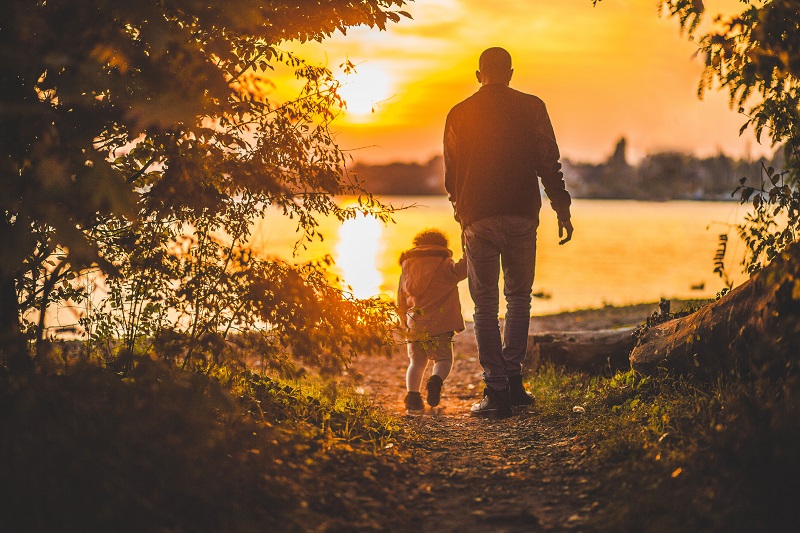
#3) Letting Go of “Power Over”?
“The day the power of love overrules the love of power, the world will know peace.”
Mahatma Ghandi
The third big piece of this whole approach to learning is being able to let go of “power over.” I touched on this a tiny bit earlier on but it’s worth a bit more exploration. It’s pretty much accepted in a most cultures that parents “have to” control their children.
The only “hic” here is that it’s really hard to respect the choices and free will of another person if we believe we fundamentally have authority over them. It’s almost inevitable that this sense of “power over” will get in the way of non-institutional learning, unless you are able to be aware of it. How many arguments arise between parents and kids simply because parents think their way is always the “right” way? When you get into an argument with someone, be they a child or not, try checking in with yourself about whether there’s an actual practical reason behind what you are insisting must be done, or whether it’s just become about “who’s going to win?” Is there an actual reason why your daughter needs to eat NOW as opposed to in twenty minutes when she feels ready? Maybe there is! Or is it just because you’ve decided now is the time, and her disagreement feels like a threat to your authority?
How do we become collaborators with kids – or anyone else – without our egos getting involved in power struggles?
Letting go of “power over” requires HUGE adjustments to what we’ve learned about parents having to keep their kids “in line”. We learn that a firm, disciplinarian hand is the only way to “make” children behave “properly.” On the other end of the spectrum, we have parents who bow to the whim of their child-gods, creating disturbingly self-absorbed little humans.
Rather than having to choose between these two polarities, neither of which is much fun for kids OR parents, why not rethink the whole picture? What if we didn’t have to be in a relationship of dominance or submission with our kids, or anyone else? What if there were a whole other way of approaching things?
When mutual respect is developed from day one, the need to rebel and act out is much less. This is true at any age and in any context. Power struggles playing out in workplaces are just about as common as in family households – our strategies just change with age! Instead of outright tantrums, we may engage in badmouthing and subtler forms of tension and conflict. All this can be avoided if we shift the dynamics of our human relations so that they are no longer based in hierarchy and dominance. A lot easier said than done, I know. It’s a matter of calling to question just about every aspect of a worldview that’s been around for centuries, that’s deeply anchored in our personal, familial and cultural histories. Sound like fun? Well, what are we waiting for? Let’s get this party started!
